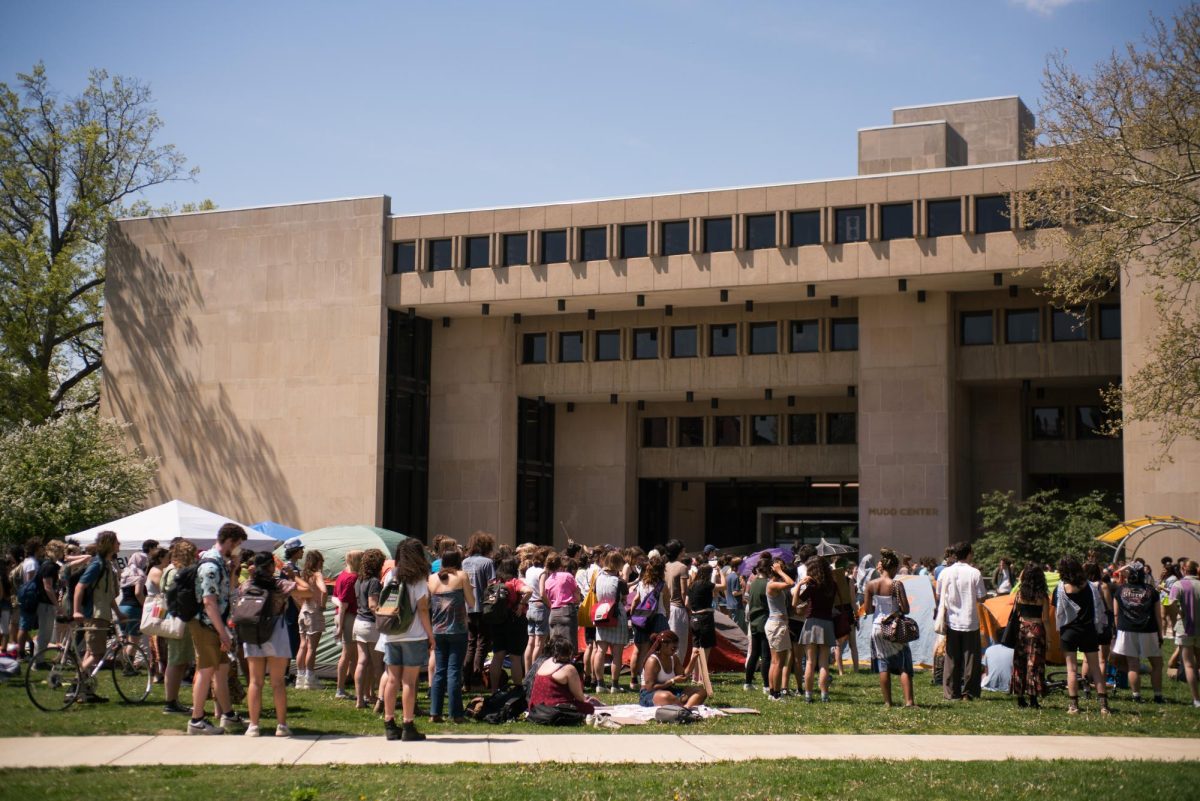To the Editors:
There are two trends in collegiate academia that I believe are counterproductive.
1. The particularization of subject matter in a given subject. No longer do survey courses have an important place in departmental course offerings. Rather, faculty teach very specific topics — perhaps to write another article or book for tenure, or to address an intellectual fad or issue of the day. In contrast, survey courses — for example, colonial American history, or European history in the Middle Ages — give students a broad, basic framework and contextual perspective for understanding more specific topics. I will never forget former Professor of History Frederick Artz’s, OC 1916, course The Mind of the Middle Ages that drew overflow attendances. His lectures wove together political, economic, religious, and cultural events, providing an overview of the period on which more specific events and personages could be understood. Beginning college students need this broad, foundational knowledge.
2. The elimination of certain domains of knowledge. Foundational knowledge in these areas is then missed that leads to partial perspectives and unfortunate decisions on issues that affect everyone. Some years ago, geography was eliminated as a course of study. Today, fewer students are exposed to the natural resources that make possible the structure and politics of our cultural worlds. Currently, languages are being eliminated. This is a shortsighted response to save money that is highly counterproductive in an interconnected world.
I have come to this belief from my background as an anthropologist. After Oberlin, I received a Ph.D. in Anthropology from Columbia University — the oldest anthropology department in the U.S. and one of the most distinguished. We were required to study the four fields: ethnography, archaeology, physical anthropology, and linguistics. Thank goodness, for this program gave me the background to think about my main interest — archaeology — from the perspectives of all of these broad domains of knowledge that together constitute human culture. The turning point and highlight of my career was my ethnographic and linguistic study with the Hopi scholar Emory Sekaquaptewa. Learning the Hopi language led me to humbly appreciate how a culture’s fundamental ideas are deeply embedded in language. The importance of understanding how concepts and beliefs are communicated via the languages of other peoples cannot be underestimated.
I am distressed to learn that now only first-year Arabic is being taught, and only by a temporary graduate student. Mastery of Arabic requires years of study and immersion to gain competency and facility in reading, speaking, and writing in order to successfully use this expertise and knowledge in many career paths. Arabic is the fifth most spoken language in the world after English, Chinese, Hindi, and Spanish. We owe it to Oberlin students to provide instruction in the principal languages to prepare them to find their place and purpose in the world. For these reasons, I advocate the reinstatement of a professorship in Arabic language, literature, and culture at Oberlin.
Dorothy Koster Washburn,
OC ’67











